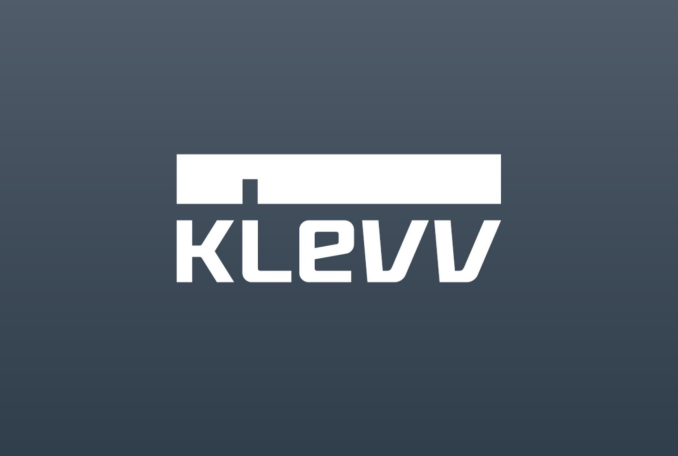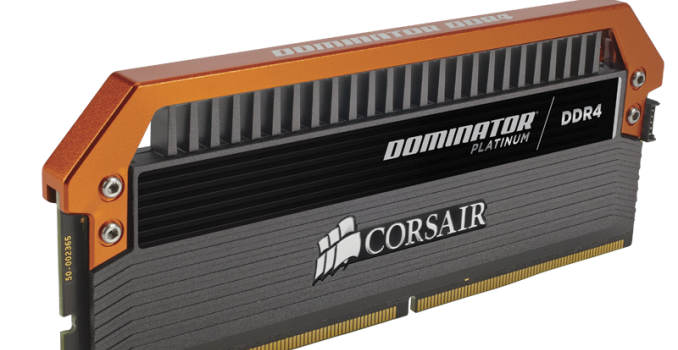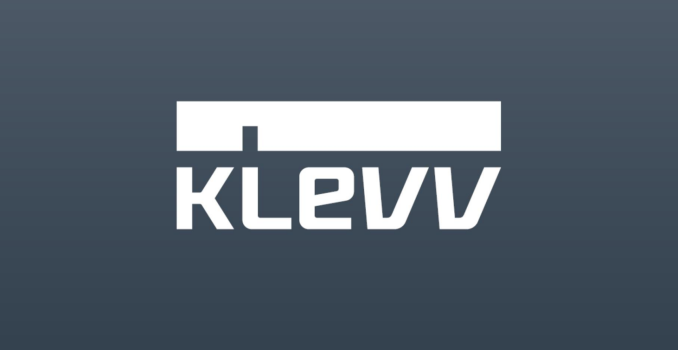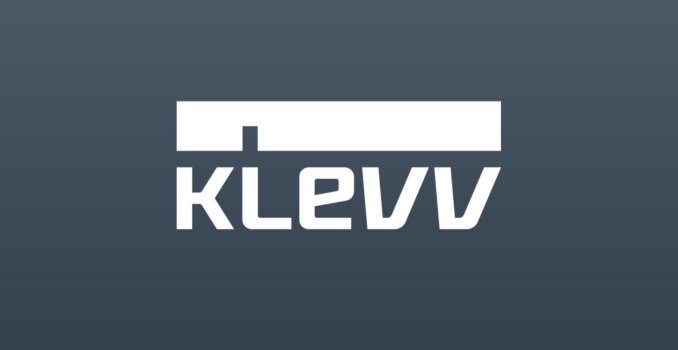
The DRAM market, especially at the consumer level, is a cut and thrust business. Margins are small on a per-module basis, but with the right volume it can make several companies earn a tidy profit. If they move into the server market, there is even more potential. But for now, the three main DRAM IC manufacturers are Micron, Samsung and SK Hynix.
Each reseller of DRAM modules buys or bids on batches of ICs from these companies, does internal binning to see which speeds it can reach, and arranges the modules for the market. Certain batches of ICs, such as Hynix MFR, are expensive due to their high overclocking capability for example. On the open market, it can be a free for all. But some companies have additional leverage.
Samsung use their own ICs and sell DRAM modules under their own name. Micron also sells their own DRAM in modules for the bulk customers, and their Crucial brand which gets the pick of the components in the consumer business. The only player without a ‘house brand’ so to speak is SK Hynix. This is where the name ‘KLEVV’ comes in.

SK Hynix is owned by SK Group (SK C&C), which acts as an umbrella firm over many individual companies. SK Group created a new firm, Essencore, to help bring to market some of the DRAM and NAND capabilities directly to the end-user rather than through their ICs being sold on the open market. Essencore thus created KLEVV to cover the DRAM side of the equation, kind of making KLEVV a customer/vertical integration partner of SK Hynix, although the two are separate entities under the same umbrella, SK Group. This allows SK Hynix to have more control over their better components coming out of the fabs and sell direct. KLEVV is, on paper at least, another Crucial-like player in the space, and another soon-to-be important DRAM module manufacturer.

This marks a few interesting dynamics. As I mentioned previously, a lot of the high end memory modules use Hynix MFR ICs which are historically known as good clocking components. If KLEVV ends up having first pick of those modules, without a serious high bid from people like G.Skill and Corsair, there is potential for market share to adjust somewhat quickly. This could lead to rapid growth from KLEVV and Essencore if their distribution is set up as well as any other memory module manufacturer. KLEVV could very easily start to price some of the more established DRAM brands who do have their own fabs out of business, or offer a more unique range of products.

Image from 10korea.com
At this point in time, at PAX South, Essencore is launching KLEVV into the market with a full array of DDR4 and DDR3 products, at least on paper. We have been told that Newegg will be their initial partner in North America, but we are waiting for information on how they are going to attack other markets such as Europe and Asia. Distribution, without previous contacts, can be difficult to penetrate – but with the right execution, it could go well. KLEVV is targeting the gaming market hard with this launch.
The halo line will be called the KLEVV Cras DDR4, featuring very tall heatsinks with LED lighting effects. KLEVV has not said which combinations of speed will match what capacities, but kits will be offered from 2x4GB to 4x8GB, in 2133 MHz to 3200 MHz configurations.

When I first got this slide, there was one standout kit that took me by surprise – a 2133 10-12-12 kit. Subtimings of 10-12-12 are crazy low for DDR4 at this frequency, and most kits we see are 15-15-15. This would have a direct impact in performance, moving the MHz/CL rating from 142 to 213. When KLEVV begin sampling, this is the kit we have requested for our DDR4 coverage. Unfortunately it looks like it was a copy paste error from DDR3, and the kit is listed as 15-15-15 in the final press materials we were emailed.
And for the record, I am told ‘Cras’ is pronounced ‘Kraz’, and not ‘Crass’.
The DDR3 lines are essentially three big Venn diagram circles covering almost the same areas. At the top is KLEVV Genuine, from 1600 C9 to 3200 C13, followed by KLEVV Urbane in similar scope, and KLEVV Neo on the more budget oriented scale.



While Genuine and Urbane cover the same speeds and densities, the Genuine line will be fitted with LEDs, hence the different branding.
For budget builds, KLEVV will also start to sell DDR3 and DDR4 in JEDEC specifications as single modules.

While KLEVV is being controlled by Essencore rather than directly from SK Hynix, there is still an element of vertical integration which could benefit both sides and hopefully benefit end users. As mentioned, Essencore is dealing with both DRAM and NAND, so while the plan today is to launch memory modules, over the course of 2015 we will see MicroSD cards and eventually SSDs reaching the market under the SK Group heading, with all the advantages that entails. We are not sure yet if the SSDs will also be called KLEVV, or if Essencore will use a different brand for that direction, but both Kristian and I are in contact for when products enter the market. As the SSD side is still a number of quarters away, no specifications or predictions can be made at this time.
The KLEVV website went live in the last 24 hours, with details about each of the product areas. I cannot find the products up for sale at the time of writing, but I understand Newegg should be listing them soon.
Source: Essencore
Additional: We have just been told that the first showing is at PAX South, with more depth and range during PAX East in March. Newegg and US will be the first target market, with Europe following later in 2015.
Additional (1/27): After posting this news, it seems to have create a fuss regarding the relationship between Essencore/KLEVV and SK Hynix. Both companies are under the SK C&C banner, with Essencore stating they have a strong partnership with SK Hynix. However, SK Hynix is stating that they want to make it very clear. I recieved two emails from different parts of the SK Group with roughly the same information.
“KLEVV has NO relationship with SK Hynix Inc and is NEVER owned or launched by SK Hynix Inc.. KLEVV is a brand name under the company ESSENCORE”
“SK C&C is an affiliate company of SK group but regarding to the semiconductor module business, Essencore whose headquarter located in Hong Kong, does not have any links with SK Hynix.
Just like any other companies such as Kingston and Transcend, Essencore received DRAM ICs from many different semiconductor companies through the spot market.“
This additional information is slightly confusing. Both Essencore and SK Hynix are under the same umbrella company – if there was not any synergy in place, then Essencore are diving head first into a very competitive market with very little margins. Given Essencore’s marketing materials we received, it indicated that there was a strong partnership with SK Hynix (as indicated above), and that being part of the SK Group in itself would be a big benefit to both sides of the equation. If that is no longer the case (and several of my predictions and ‘if’ statements above are not due to come to fruition), then Essencore has their work cut out for them and it seems a missed opportunity/


















